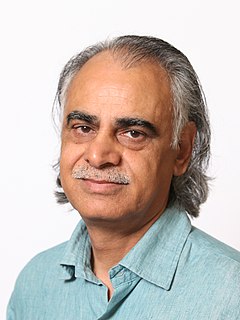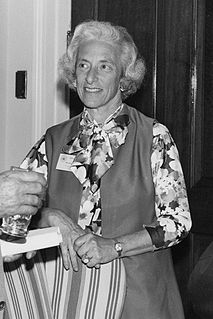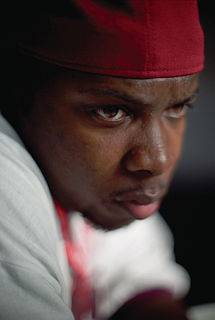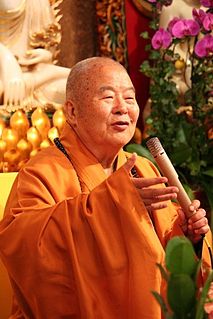A Quote by Desmond Morris
The roots of our Soccer Tribe lie deep in our primeval past.
Related Quotes
This is another lie. We are only seeking Man. We have no need of other worlds. A single world, our own, suffices us; but we can't accept it for what it is. We are searching for an ideal image of our own world: we go in quest of a planet, a civilization superior to our own but developed on the basis of a prototype of our primeval past.
Our sense of the full range of human nature, like our diet, has been steadily reduced. No matter how nourishing it might be, anything wild gets pulled - though as we'll see, some of the weeds growing in us have roots reaching deep into our shared past. Pull them if you want, but they'll just keep coming back again and again.
If you spend time with crazy and dangerous people, remember – their personalities are socially transmitted diseases; like water poured into a container, most of us eventually turn into – or remain – whoever we surround ourselves with. We can choose our tribe, but we cannot change that our tribe is our destiny.?
Immigrant families have integrated themselves into our communities, establishing deep roots. Whenever they have settled, they have made lasting contributions to the economic vitality and diversity of our communities and our nation. Our economy depends on these hard-working, taxpaying workers. They have assisted America in its economic boom.
It is now generally accepted that the roots of our ethics lie in patterns of behavior that evolved among our pre-human ancestors, the social mammals and that we retain within our biological nature elements of these evolved responses. We have learned considerably more about this responses, and we are beginning to to understand how they interact with our capacity to reason.
Our role as gardeners is to choose, plant and tend the best seeds within the garden of our consciousness. Learning to look deeply at our consciousness is our greatest gift and our greatest need, for there lie the seeds of suffering and of love, the very roots of our being, of who we are. Mindfulness...is the guide and the practice by which we learn how to use the seeds of suffering to nourish the seeds of love.
The persons on whom I have bestowed my dearest love lie deep in their graves; but, although the happiness and delight of my life lie buried there too, I have not made a coffin of my heart, and sealed it up for ever on my best affections. Deep affliction has only made them stronger; it ought, I think, for it should refine our nature.
My grandfather was a persuasive man who made friends with people at every level of influence. In order to fight against our tribe's termination, he went to newspapers and politicians and urged them to advocate for our tribe in Washington. He also supported his family through the Depression as a truck farmer.





































